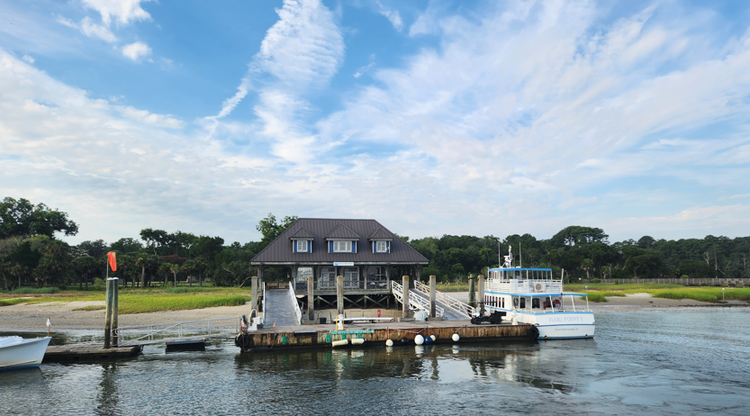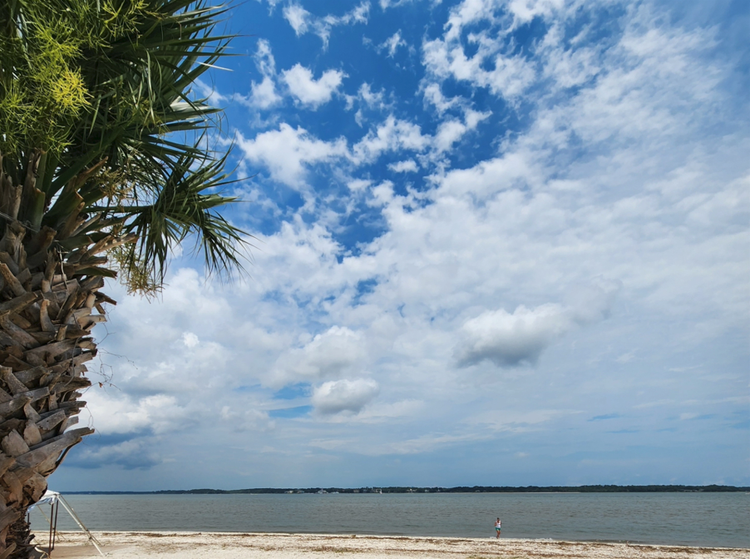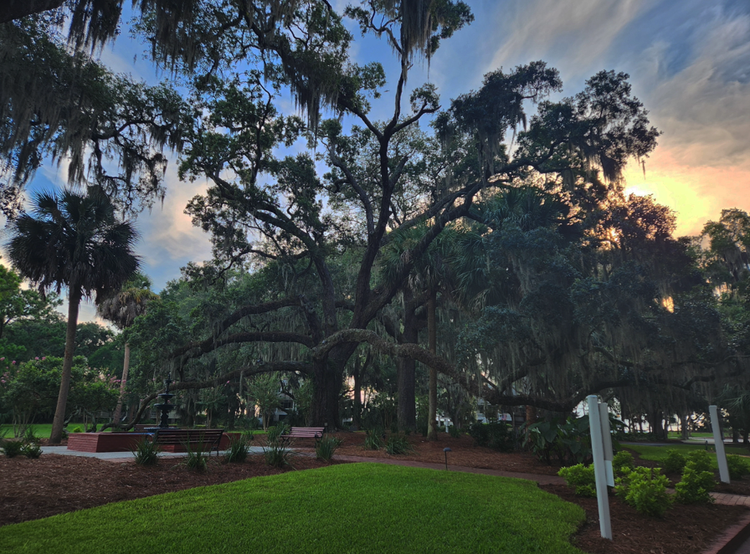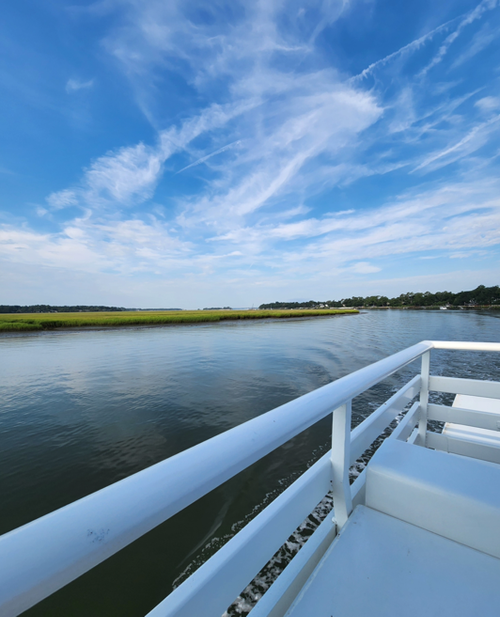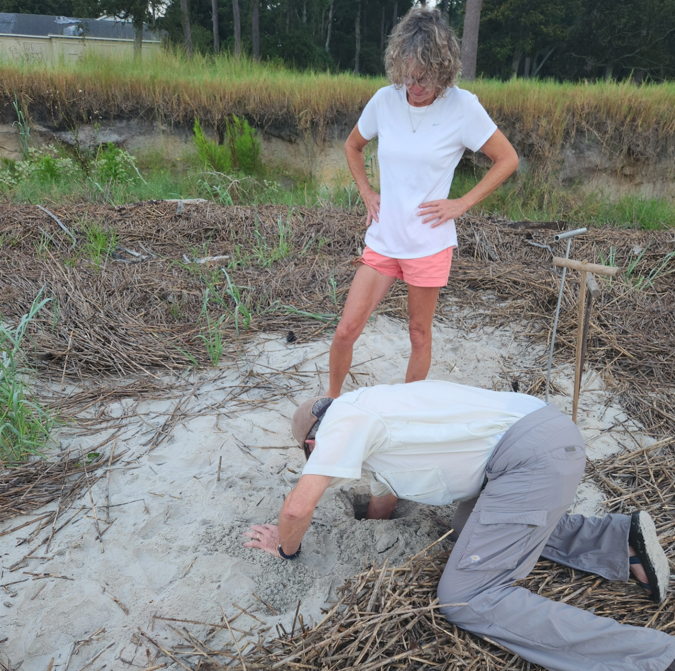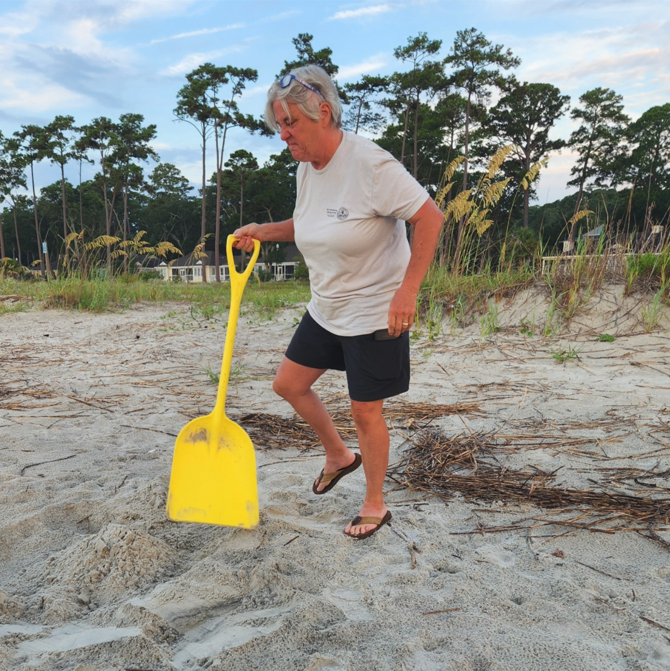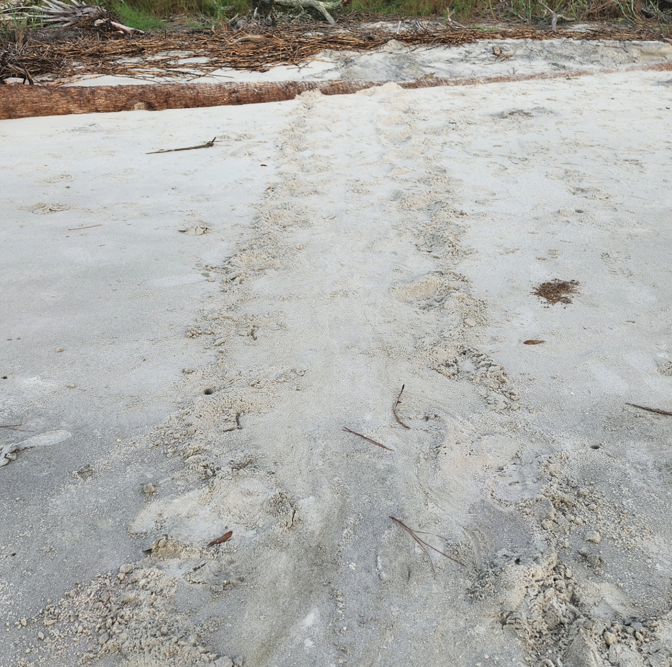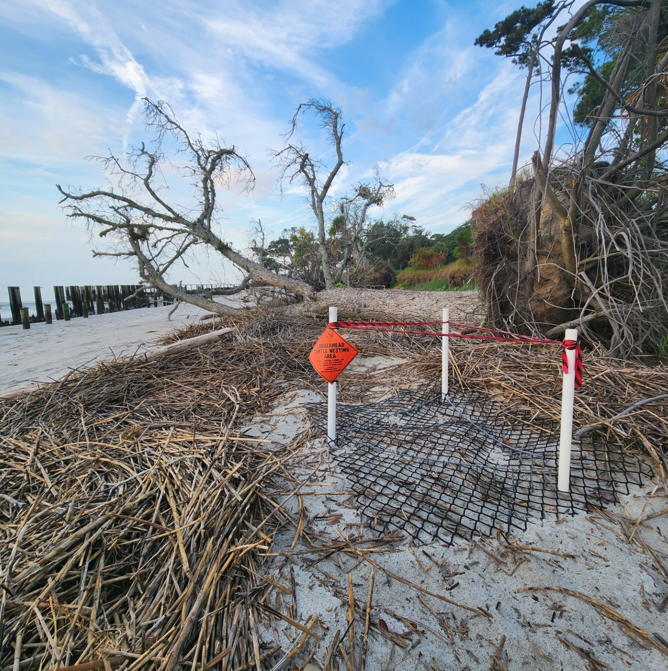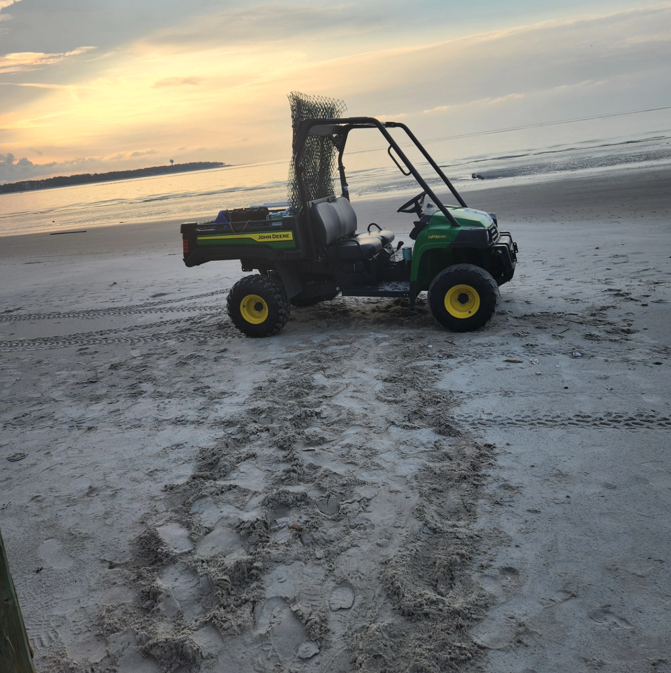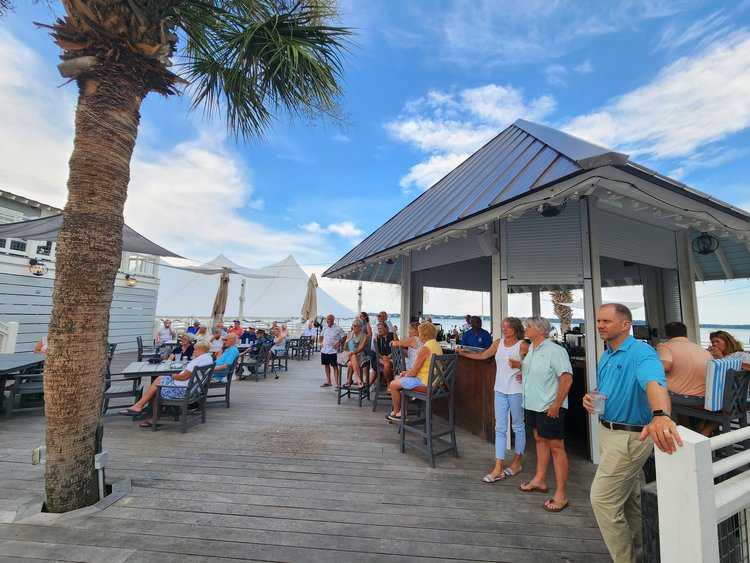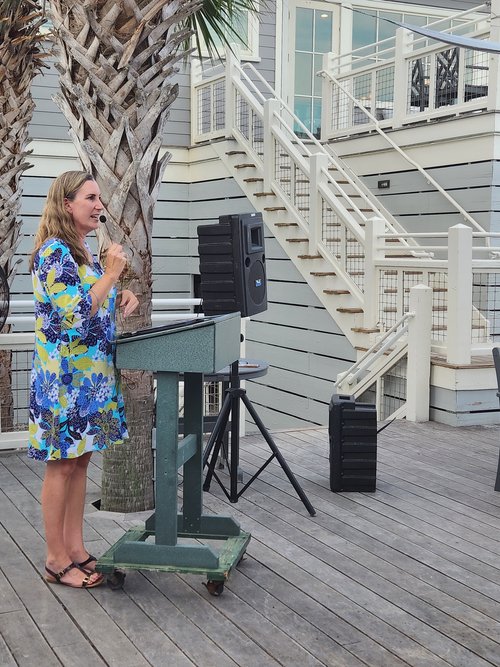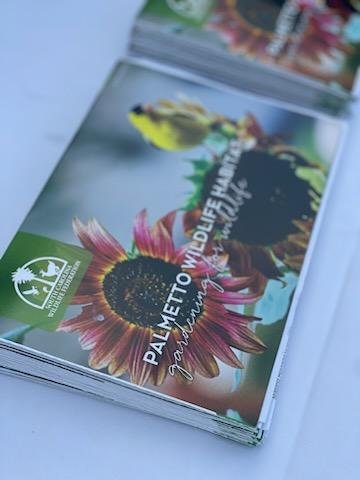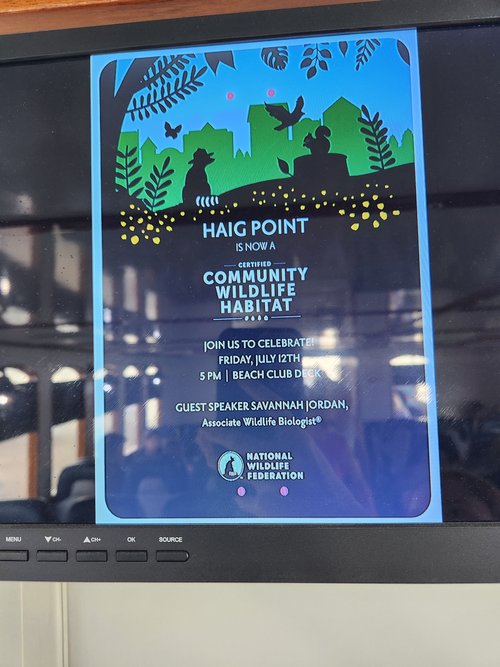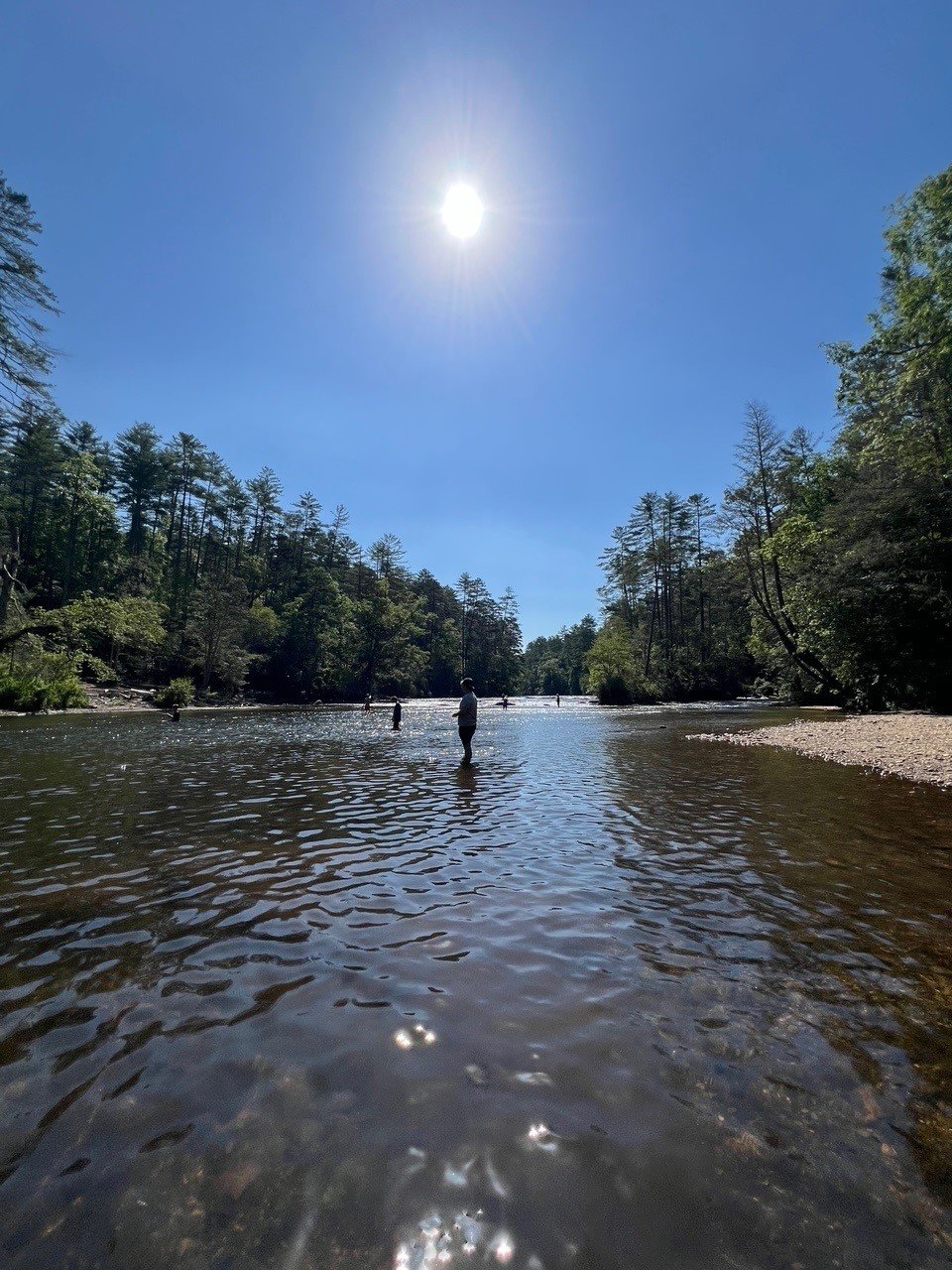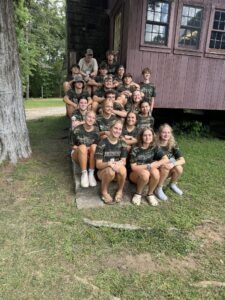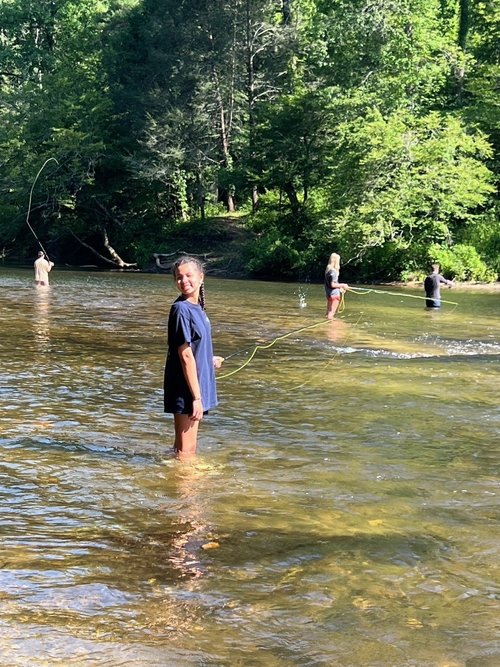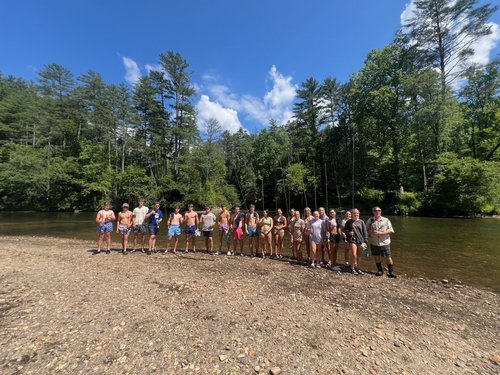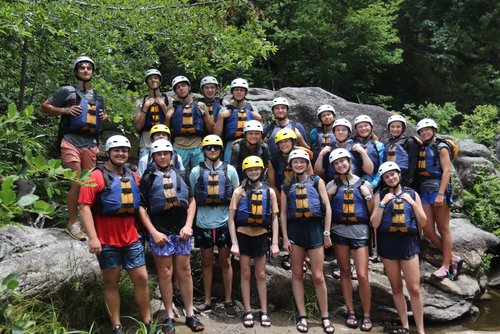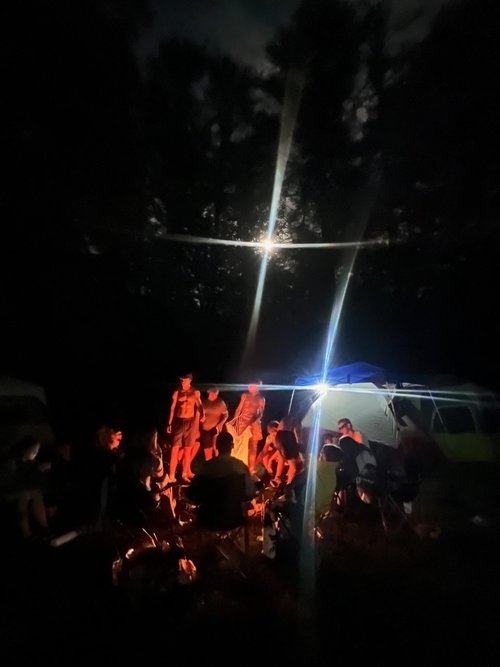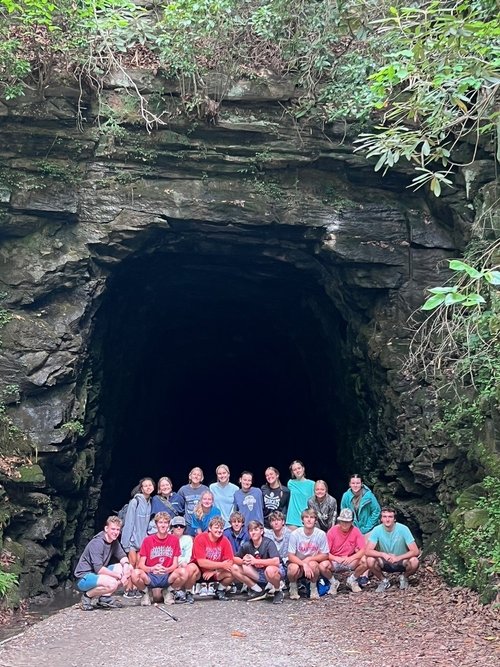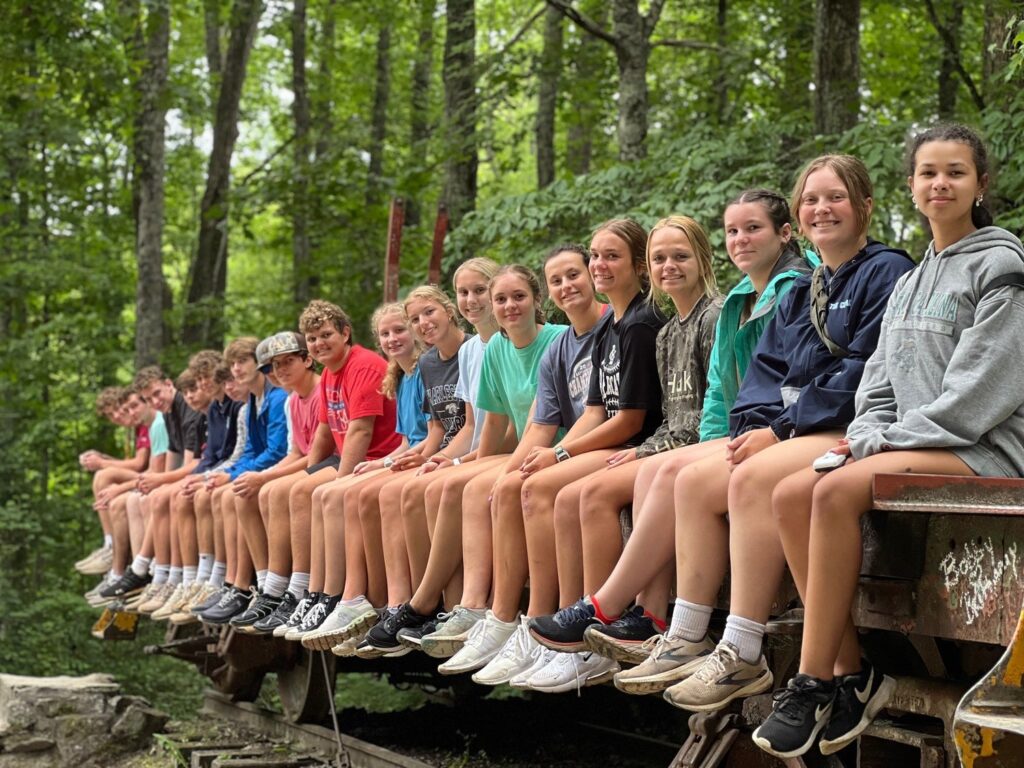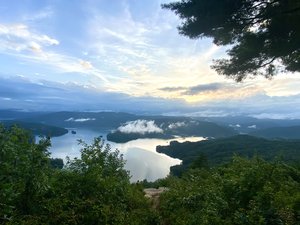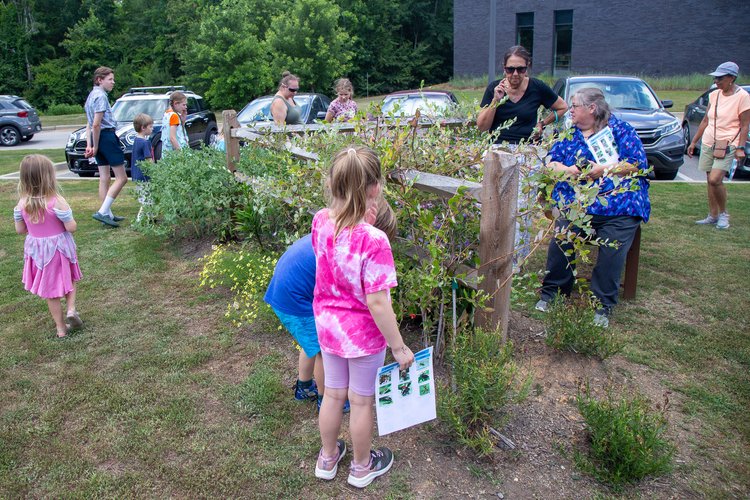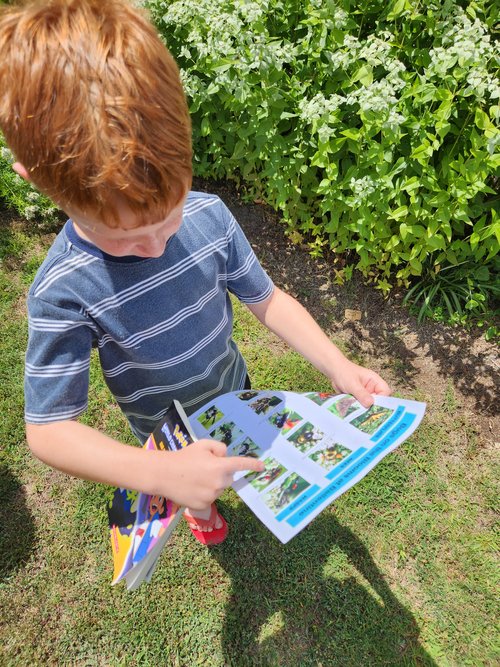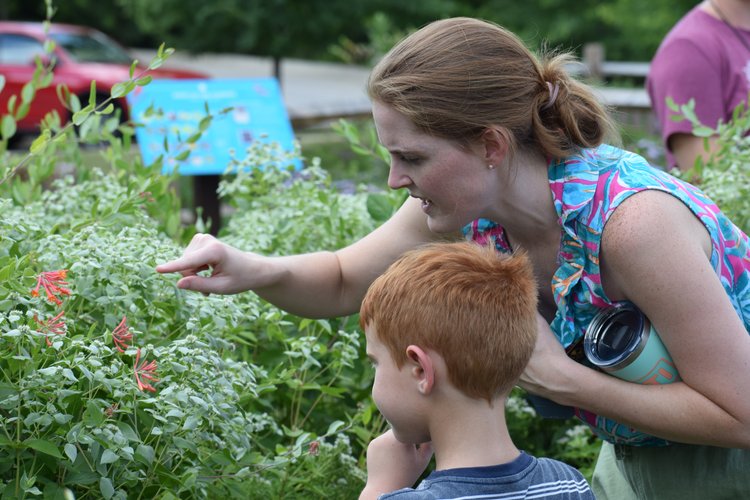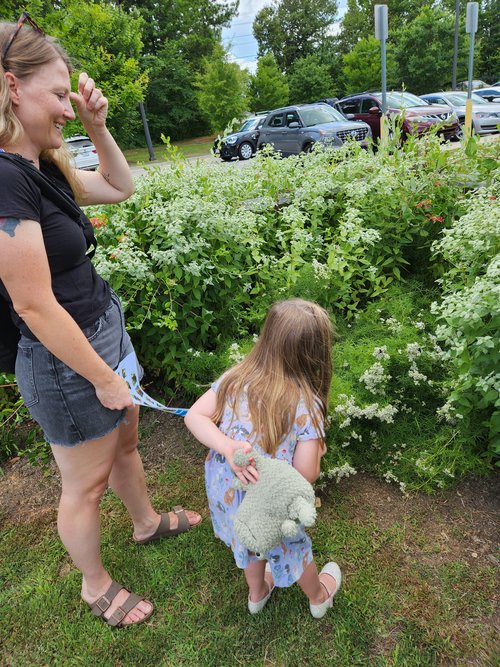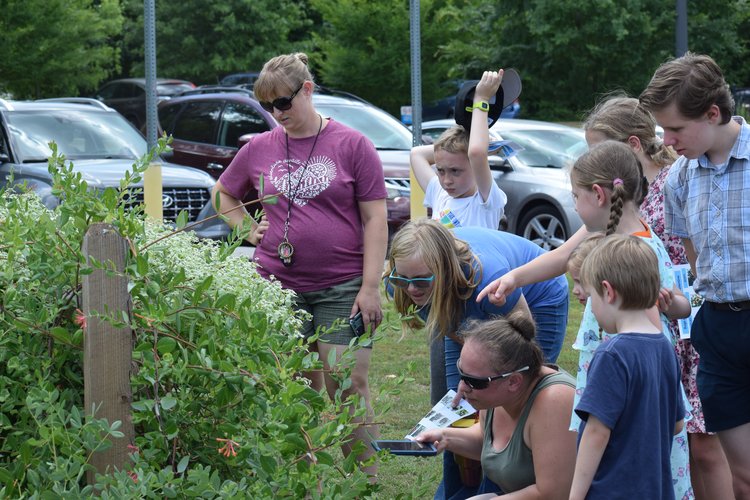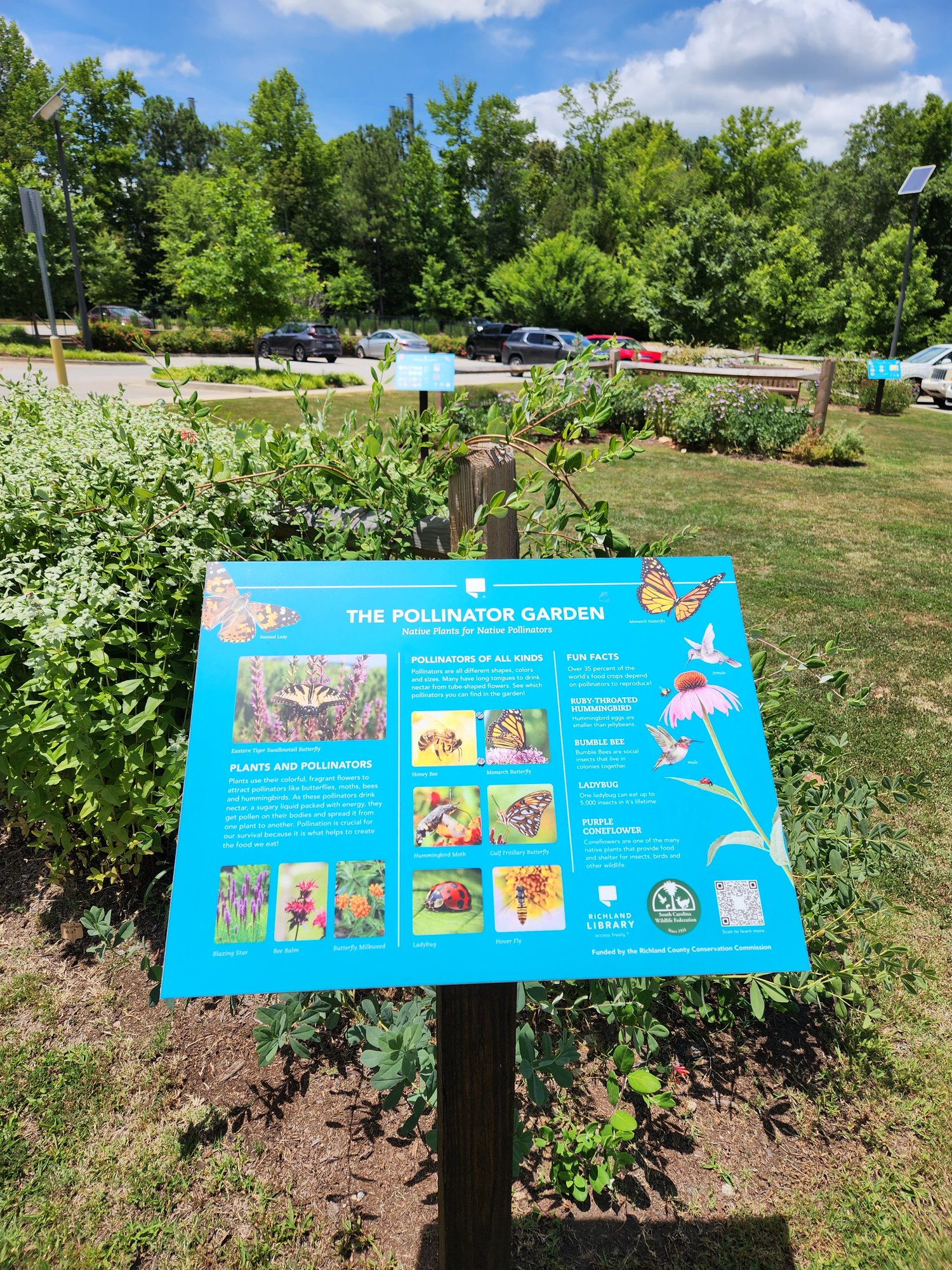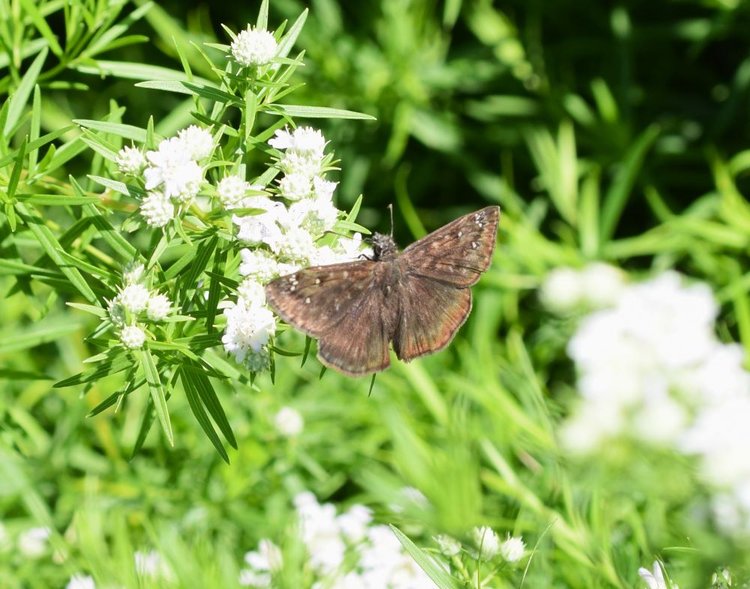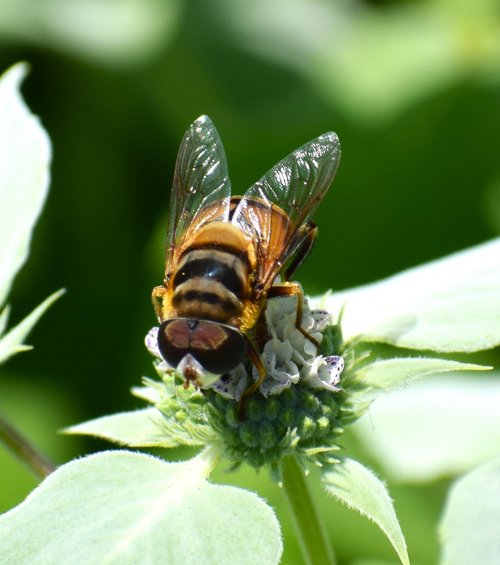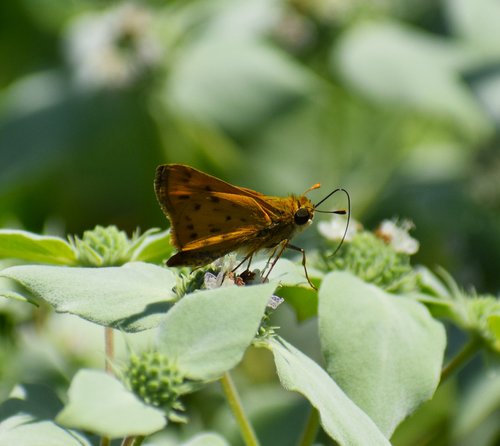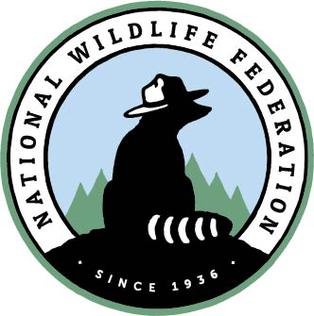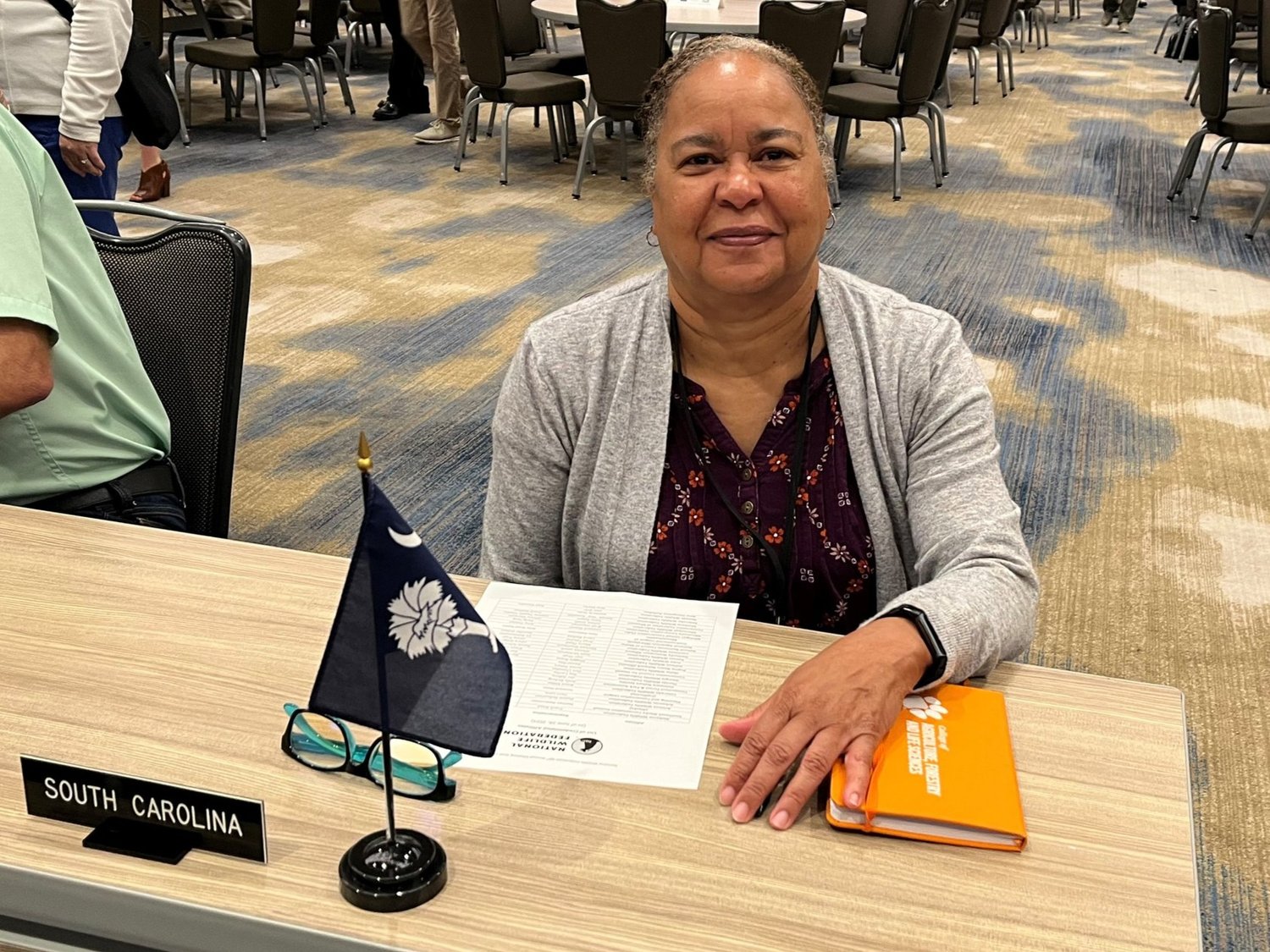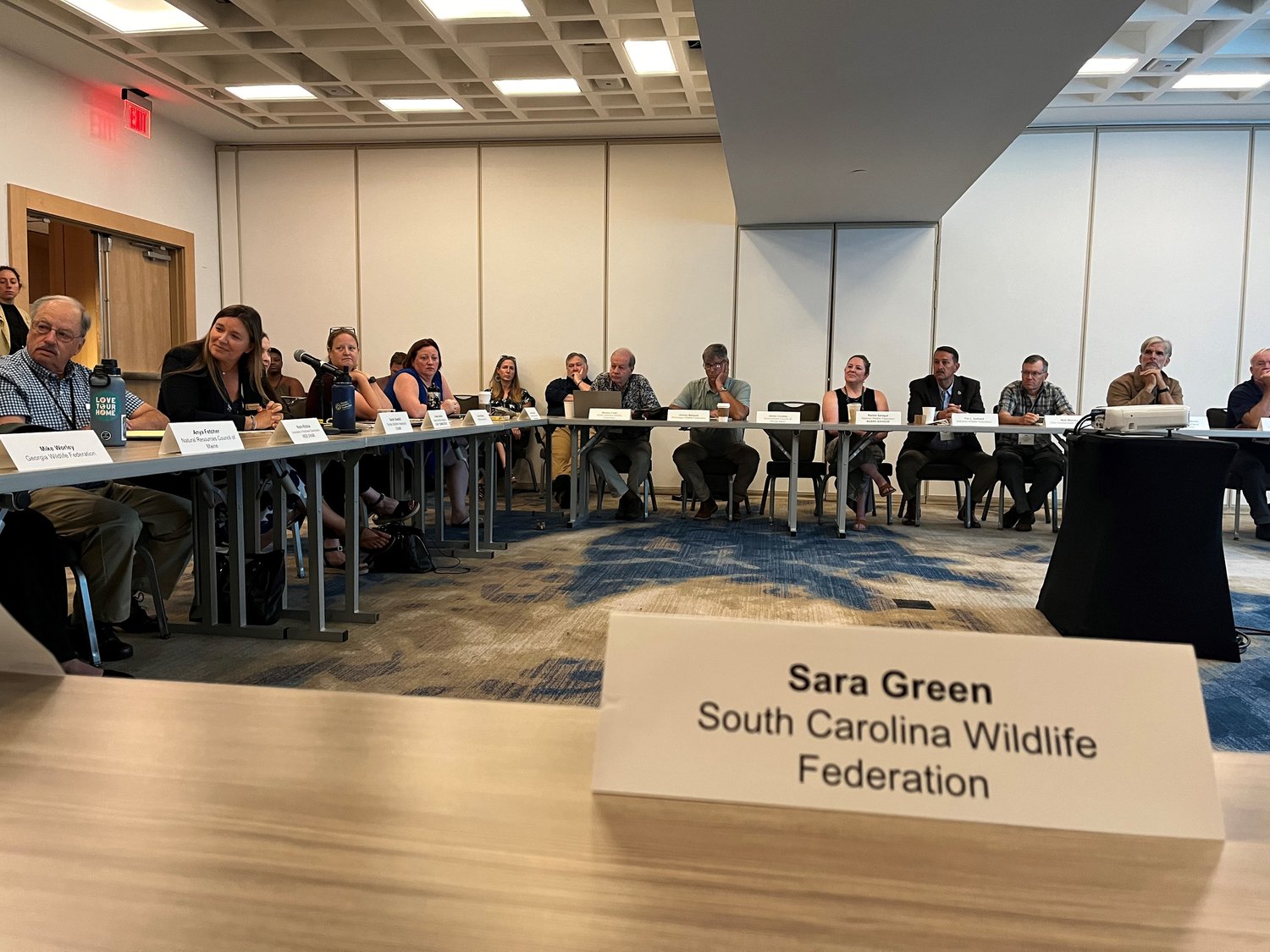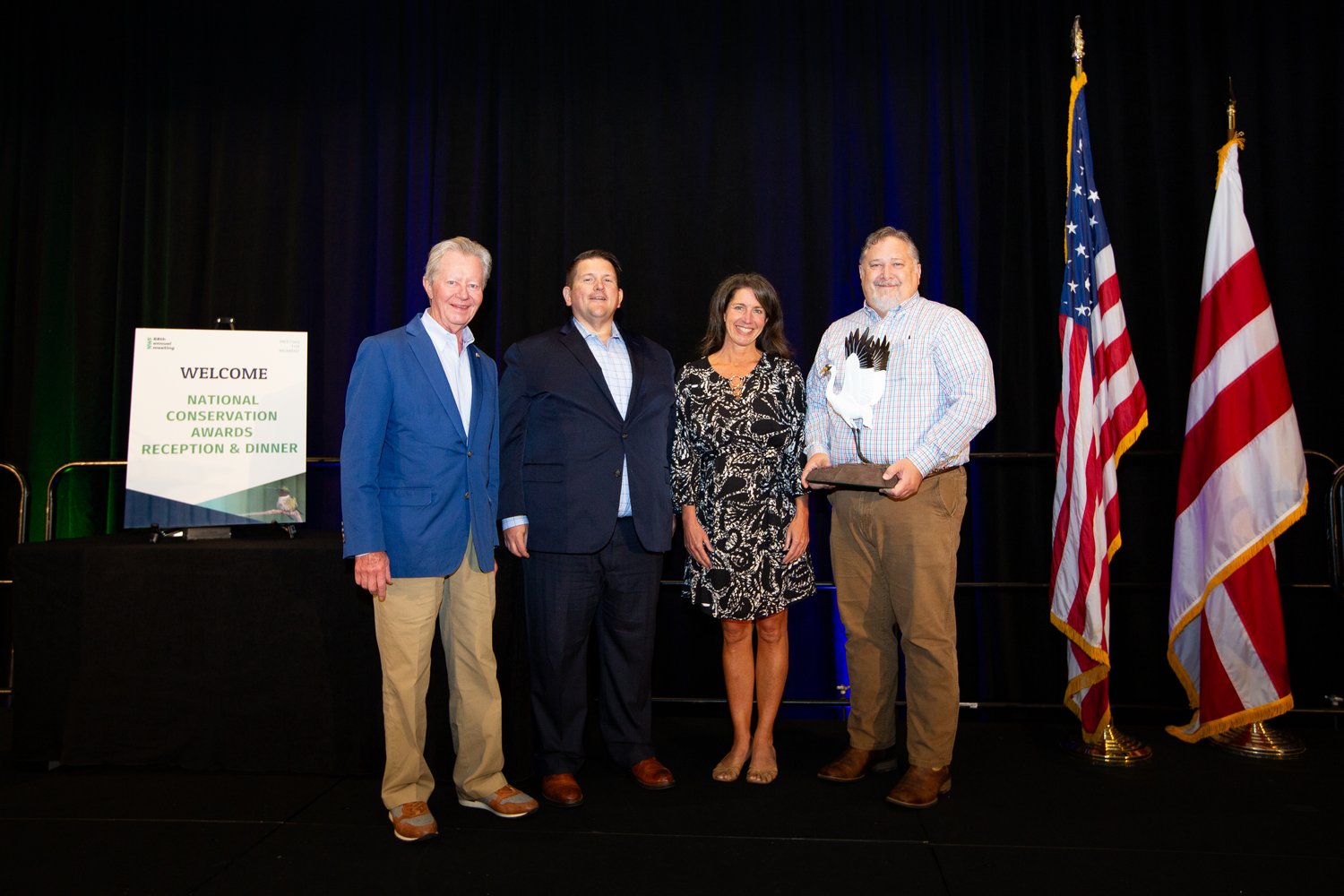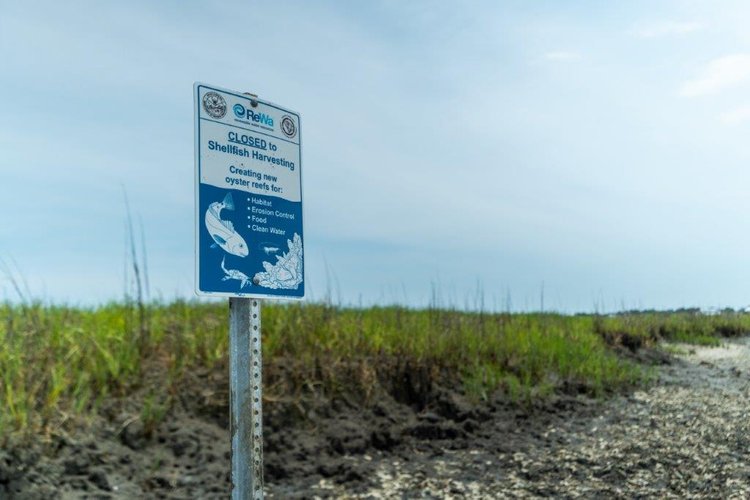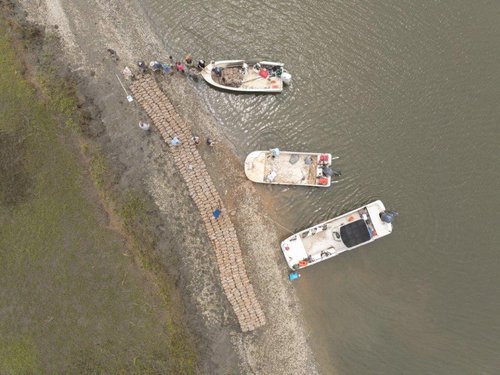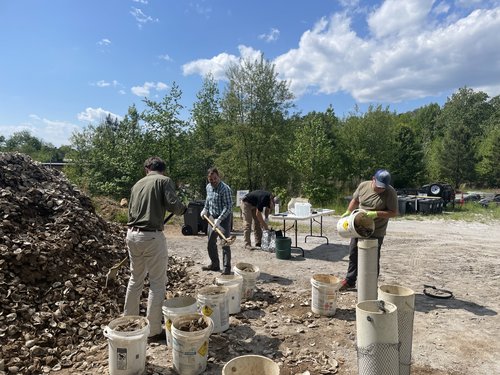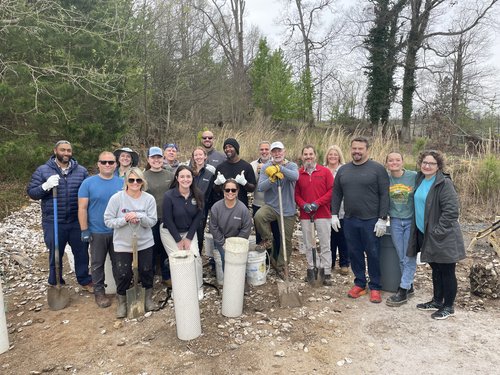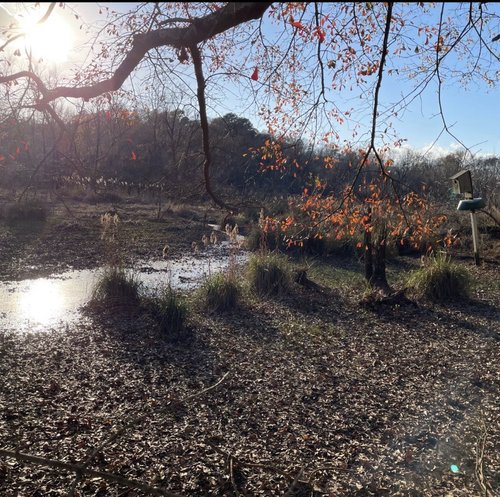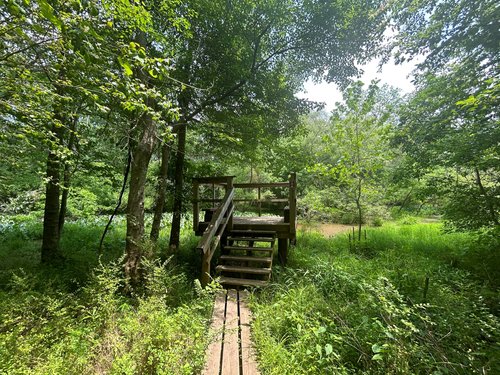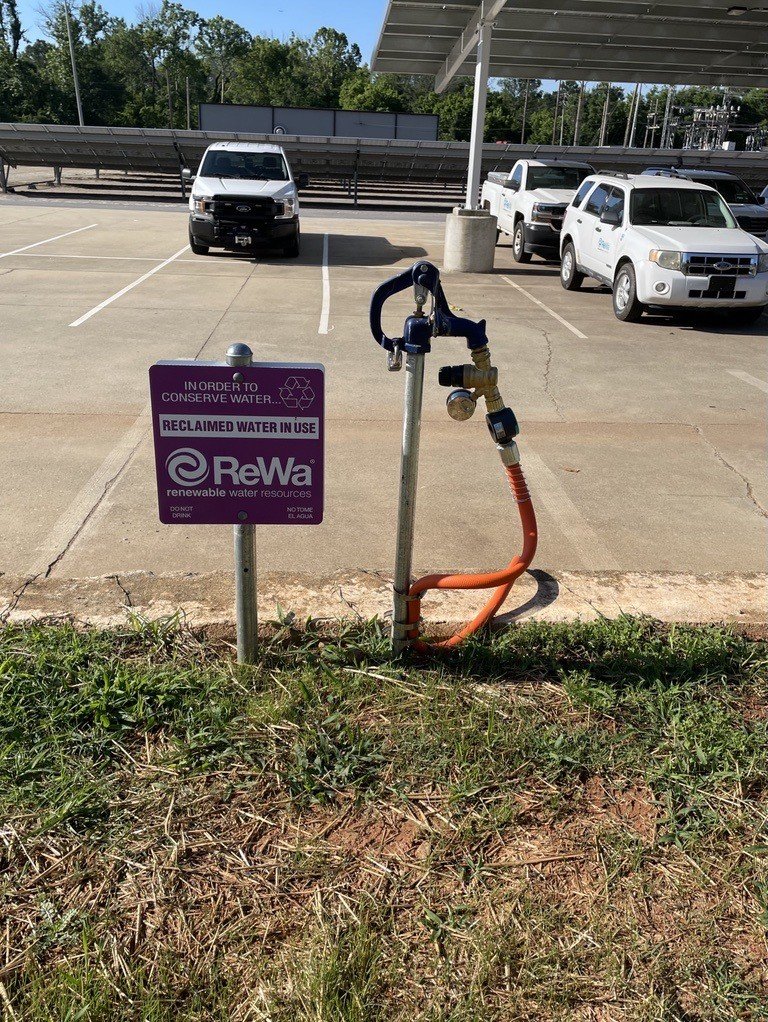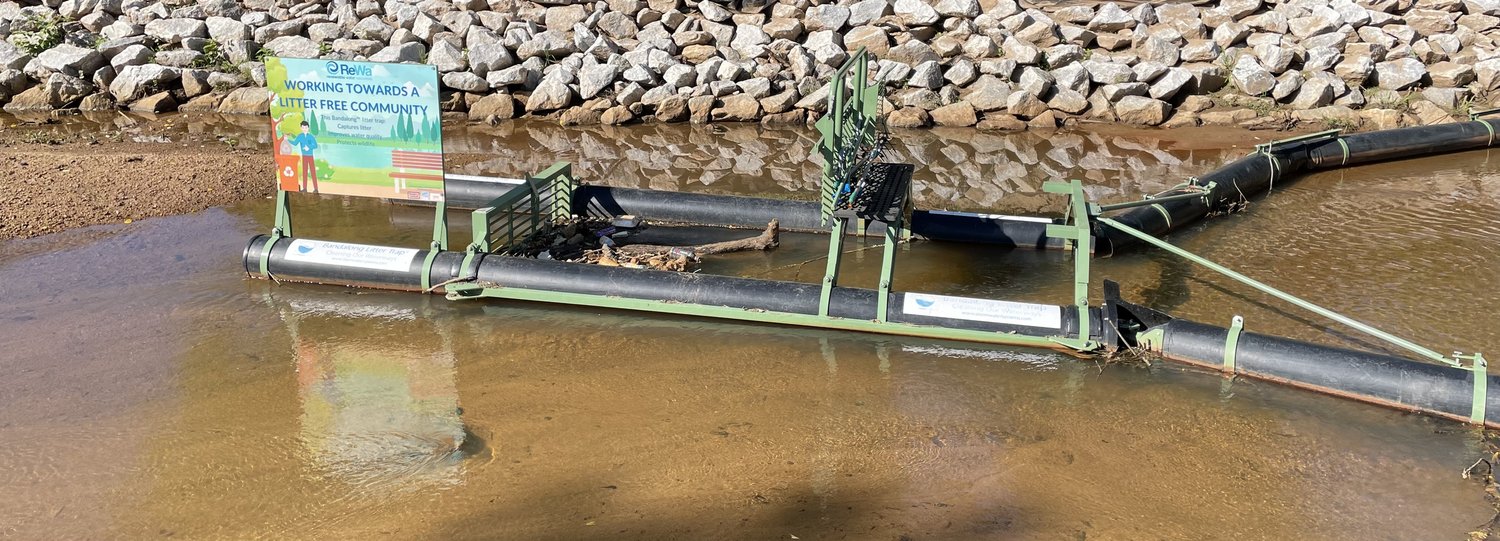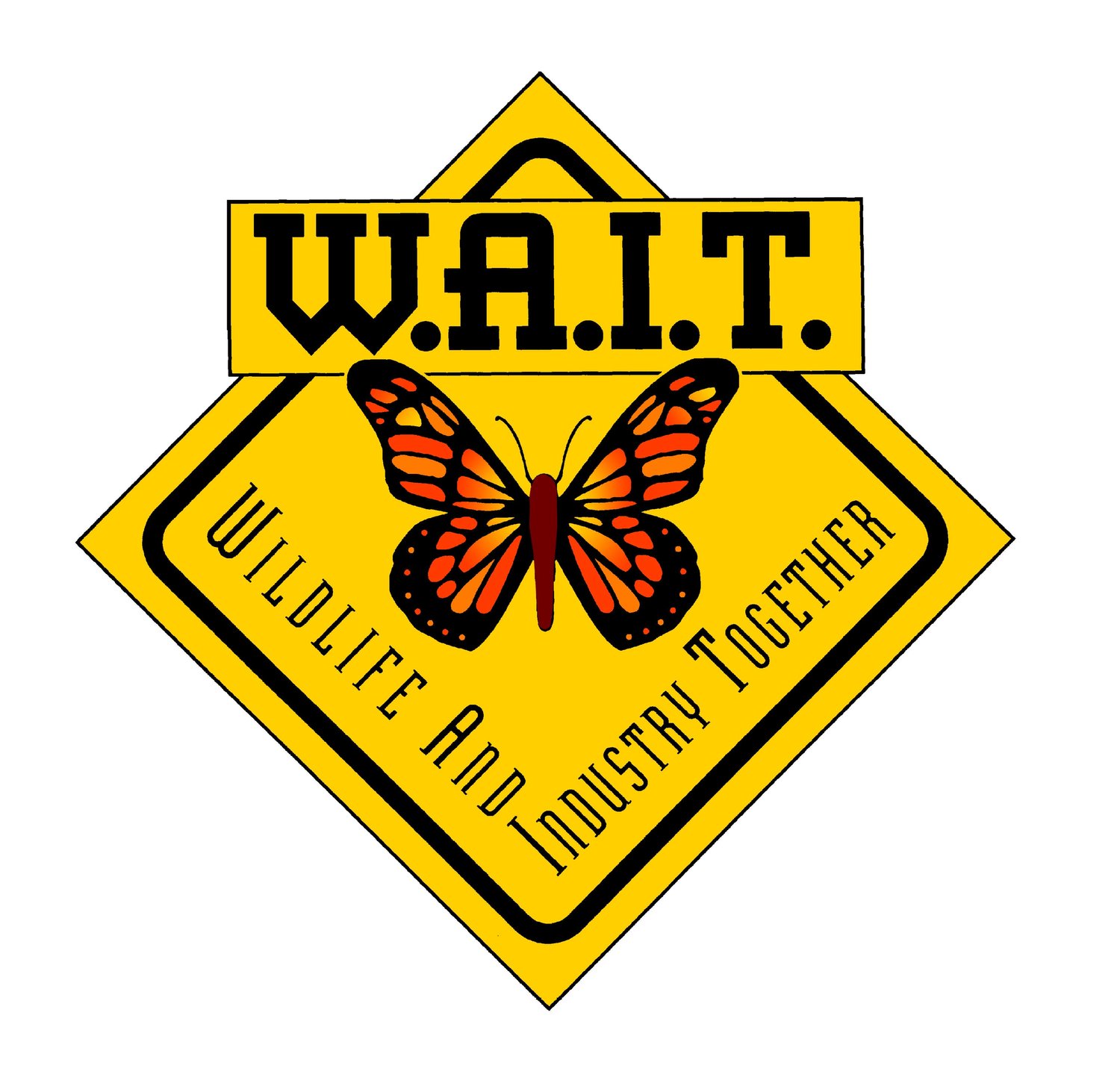Haig Point was recently certified as a Community Wildlife Habitat! As the 15th Certified Community Wildlife Habitat in our state, Haig Point has joined over 300 other communities across the nation making a difference for wildlife. Located on the southernmost sea island of South Carolina, the Haig Point Community is set amongst the majestic moss-draped live oaks and pristine beaches of Daufuskie Island. Residents and visitors enjoy the uninterrupted sounds of nature as they travel around the island by electric golf-carts instead of cars, far from the noise of motors, horns, and traffic. This bridgeless island is a unique coastal ecosystem, and once you arrive by boat or ferry, you instantly find out why.
The island is home to a large rookery of nesting egrets and wood storks, and you can spot fox squirrels and white-tailed deer munching on acorns. As a threatened species, loggerhead sea turtles nest along the shores during the summer months. Supporting an abundant diversity of wildlife, insects, plants, and marine life, the wooded areas, lush marshes, and beaches are critical habitats that residents of the island are dedicated to protecting.
Oyster Reef Restoration
Volunteers and community members joined together with the South Carolina Department of Natural Resources SCORE (South Carolina Oyster Recycling Enhancement Program) to complete the island’s first oyster reef build in 2017. These living reefs protect the salt marsh and estuaries, while also helping to naturally reverse beach erosion, improve water quality, and create habitat for marine life. After a second build in 2022, healthy waves of spartina grass have established and become a living shoreline, supporting hundreds of species from small invertebrates to blue crabs and redfish.
South Carolina contains half a million acres of salt marsh, more than any of the other Atlantic states, but many coastal residents are concerned about the heavy amount of erosion as tides rise higher with more intense storms. Oyster reefs act as natural barriers against these threats, reducing the amount of shoreline that gets washed away and creating a more resilient coast. The community of Haig Point has constructed three oyster reefs on the island and plans to install more.

Daufuskie Island Turtle Team
About 4 miles long, Daufuskie Island’s beach provides nesting habitat for loggerhead sea turtles. The Daufuskie Turtle Patrol staff must check the tide each morning before venturing onto the beach because at high tide, some areas are impassable. Having experienced heavy erosion, many nesting areas have washed away. Abandoned beach homes have succumbed to the rising tides, and exposed roots from large, dead oak trees make navigating the beach difficult.
The island currently has around 60 nests and several of them started hatching in July. Led by volunteers, the many tasks of the turtle patrol team include documenting turtle tracks seen in the sand, marking nests, and placing protective covering over nests to prevent predators like ghost crabs, racoons, and armadillos from eating the eggs.
An Ocean-front Celebration
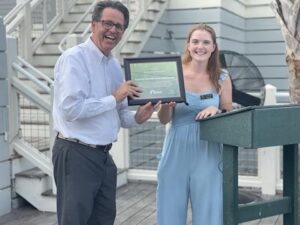
The community held a celebration at the Haig Point Beach Club on July 12th with residents and many other stakeholders who were involved with the certification process. Haig Point earned this impressive certification by certifying properties including homes, parks, farms, businesses, and government buildings on the island as Certified Wildlife Habitats. SCWF staff were honored to be a part of the ceremony, and Sara Green, SCWF Executive Director, spoke at the reception. SCWF’s Habitat Education Manager, Savannah Jordan, also spoke and presented the community’s certificate to Don Hunter, CEO of Haig Point. Lauren Hunt, the Brand Manager for Haig Point, oversees communication to its residents through the publishing of community newsletters and posting to social media. Lauren has been integral in the community’s certification, having digitized huge stacks of paper notes written by former habitat team members and promoting events that bring the whole community together to help wildlife. In partnership with the Daufuskie Island Conservancy, Haig Point hosts a biannual Beach Sweep in the spring and fall to help keep litter under control. Free educational events are available to the island’s residents and visitors that engage the community in creating wildlife habitat and protecting special species, including recent presentations on loggerhead sea turtles, salt marsh habitats, manatees, and butterflies.
Haig Point earned the name “Guardian of the Sea” by the Palmetto Ocean Conservancy in 2018 due to the Beach Club’s efforts to eliminate plastic straws, incorporate recyclable and reusable cups, change lights on buildings to LED lighting, and these other “Green Initiatives”:
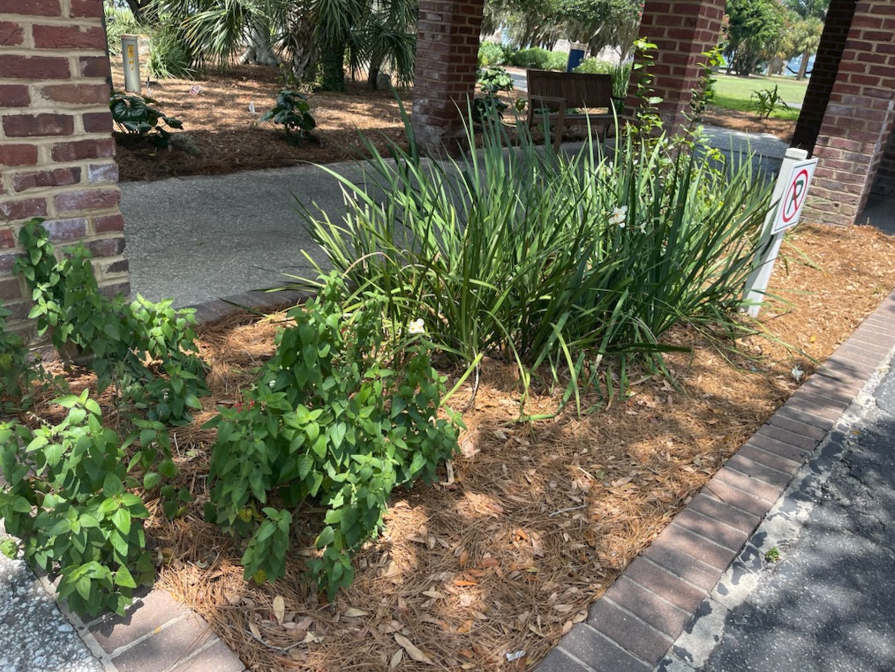
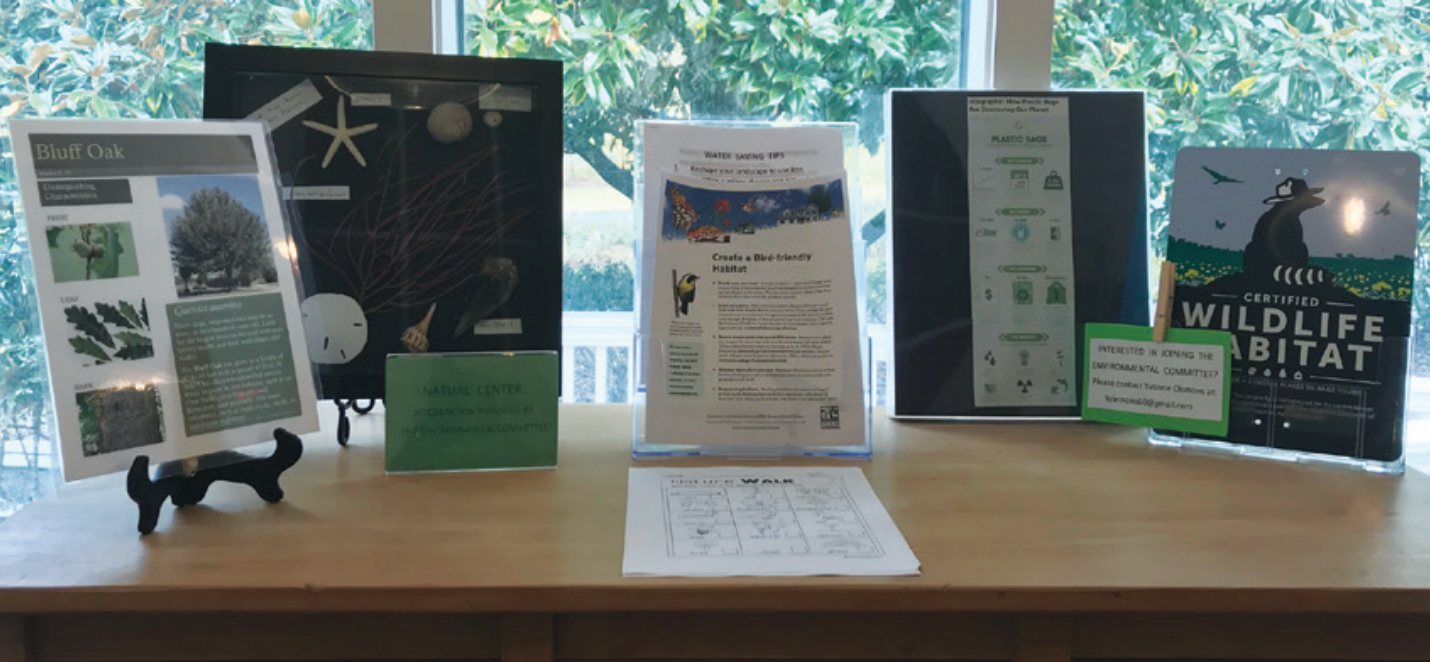
-
Wood duck and Eastern bluebird boxes placed throughout the community, with annual maintenance and monitoring of bluebird boxes
-
Installation of a demonstration rain garden to encourage the use of native plants in our landscapes and water conservation
-
Nature Trail educational signage throughout in several key areas throughout the property
-
Butterfly gardens and the Welcome Center, Mansion, Beach Club, and Clubhouse
-
Educational table in the Mansion to promote Environmental Committee events as well as educating Members on green practices
-
Recycling receptacles in all areas of property
